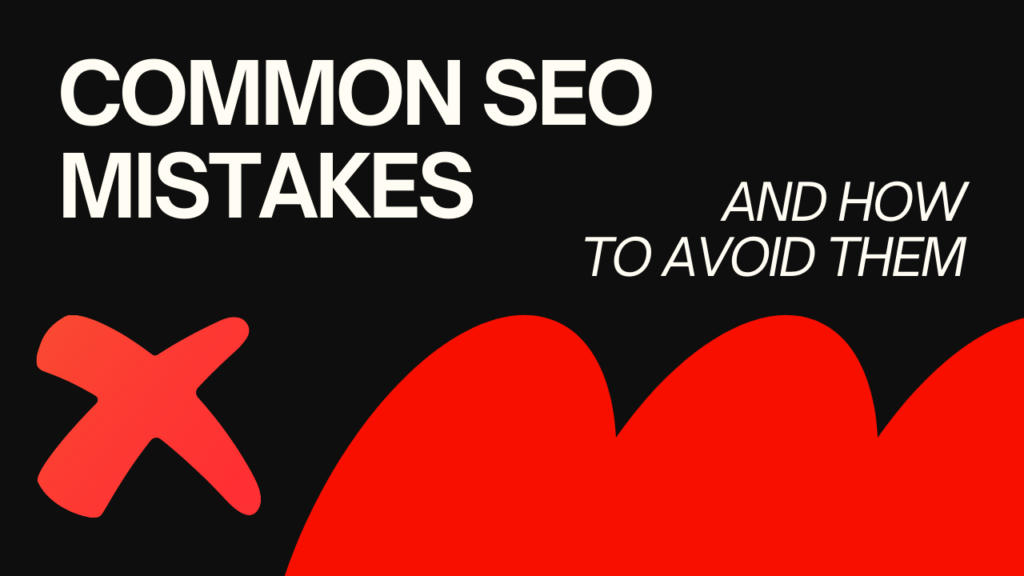What is the Search Engine Optimization (SEO)?
Search Engine Optimization-once more easily referred to as SEO-is the process of editing a website to increase its search engine results page visibility. Increased traffic is often the by-product of all true Search Engine Optimization efforts, simply due to better positioning on the search engines for keywords related to a website’s subject matter.
SEO is very important in the digital world, as it can enable every firm to reach out to people by making it more accessible in search engines like Google, Bing, and Yahoo. Without good SEO, even some of the nicest websites may be difficult for visitors to locate.
There are primarily three types of SEO: On-Page SEO, Off-Page SEO, and Technical SEO. Each focuses on different aspects of optimization, ranging from content and keywords to the website structure and backlinks. The thing with SEO is that it’s not a one-time job; it’s continuous work because you need to change with each algorithm change in the search engine and with user behavior trends.
Through effective SEO, the websites will enjoy high rankings but will also provide excellent user experiences that are so very vital for long-term success. Focusing one’s business on SEO strategies helps in building trust and credibility with a continuing stream of organic traffic.
Keyword Research in SEO
Keyword research is the foundation of an SEO strategy. It means to specify words and phrases that prospects use to search for content or businesses like yours. Target the right search terms, and your website can be optimized to achieve superior rankings in search engine results pages and attract relevant organic traffic.
Commonly, people use SEO tools like Google Keyword Planner, SEMrush, or Ahrefs during keyword research to find out which of the keywords have high volume and low competition. Such tools bring a lot of information, among which are how many times a keyword is searched for and/or what difficulty the ranking will be.

As you do keyword research, there are two main types of keywords you should target:
Short-tail keyword: These are generic terms, broad; for example, “SEO.” They boast high search volume but are extremely competitive. Long-tail keyword: These can get more specific; for instance, “best SEO tools for small businesses.” It has lesser search volume but is a better chance of ranking out because of lower competition.
All this you get by incorporating these words into your content, meta description, and title. Long-tail keywords are way more important because it enables users with very particular intent, thus making them all the more likely to be converted into customers.
The other factor of great importance in SEO is keyword intent. Understanding whether a user simply wants information, will purchase something, or is comparing products can help one to align one’s content toward their needs.
Technical SEO
Technical SEO is the work of configuring the back-end elements of your website to position it better within search engines. While on-page and off-page SEO deal strictly with content and backlinks, respectively, technical Search Engine Optimization has to do with ensuring that search engines can crawl and index your site properly. It’s a very important part of any SEO strategy, as even the best content will not rank if your website has technical issues.
Key aspects of technical SEO include:

1.Website Speed
Search engines give prominence to sites that load fast since such offer a better user experience. Pages with too long a loading time will most of the time have higher bounce rates, which also negatively affects the ranking. Tools like Google Page-Speed Insights will help in identifying speed issues and suggest improvements, for instance, image compression or enabling browser caching.
2.Mobile-Friendliness
While most searches take place through mobile devices, Google performs mobile-first indexing, which focuses mainly on the mobile version of a website for ranking purposes. Therefore, making your website mobile-friendly is extremely necessary for SEO. It includes a responsive design and optimization for small screens.
3.Crawlability
Search engines need to crawl your website using bots or spiders. When these bots are unable to crawl any site efficiently, that site might not get indexed. XML sitemaps and robots.txt files are ways to ensure that search engines crawl and index your site with efficiency.
4.Site Architecture
It makes the relations between various pages much easier to understand for search engines when a website is well-structured. Appropriate internal linking within a clear hierarchy ensures the finding of important content both by users and by search engines. This kind of navigation keeps users informed about their position on the site, making the user experience and SEO better.
5.SSL Certificates and Security
Google also wants to rank secure sites-those with “https://” in front of the URL. These sites have what’s called an SSL certificate, and that protects users’ information. Well, now having an SSL is a ranking consideration that’s going to improve your Search Engine Optimization.
6.Canonicalization
Canonical tags prevent problems caused by duplicate content and let search engines know which page is the master. This is important mainly if you have many pages that bear similar or identical content. It would be able to ensure that your ranking signals stay consolidated and are not penalized for thin/duplicate content.
Common SEO Mistakes to Avoid
Even with one’s best efforts at a well-planned SEO strategy, there are some mistakes which will negatively affect the performance of your website in SERP. General SEO mistakes can be avoided as much as possible to retain the best ranking and hence offer maximum organic traffic to the websites.

Keyword Stuffing
That is keyword stuffing: where too many keywords are used in a hope to artificially dupe the search rankings. Though keywords remain relevant for Search Engine Optimization, today’s algorithms indeed frown on the content that sounds unnatural or forced. The focus needs to shift to creating high-quality, useful content whose keywords fall in organically.
Neglect of Mobile Optimization
With increased mobile searches, it is key to ensure that your website is optimized for mobile. In 2015, Google announced that websites would be crawled based first on their mobile version-or lack thereof-under what it called “mobile-first indexing.” Not having a responsive design or fast-loading mobile version will seriously damage your rankings. Sometimes, you need to ensure that the mobile version of your website is tested for a seamless and painless experience.
Forgetting Technical SEO
Technical SEO issues, whether in website speed, broken links, or problems relating to crawlability, will hurt proper indexing of your website by search engines. Essentially, it is always important to monitor technical errors with the help of tools like Google Search Console for smooth functionality.
Duplicate Content
Search engines just love unique content. If you have duplicated content on different pages of your website, the search engines get confused; hence, this results in a low ranking. To solve this, use canonical tags-these can hint to the search engines which is the authoritative version of a page.
Low-Quality Backlinks
Low-quality or irrelevant site backlinks can actually harm your Search Engine Optimization rather than help it. As much as backlinks are a major ranking factor, it is wrong to tend toward quantity rather than quality. Instead, you would like to gain backlinks coming from reputed and relevant websites in your industry.
Forgetting Meta Descriptions and Title Tags
Title tags and meta descriptions are the backbone of on-page SEO. Forgetting to add an optimized version, or writing generic text, is a missed opportunity to drive clicks. Ensure each page has a unique, keyword-optimized title tag and an actionable meta description.
Conclusion
SEO remains one of the most important elements in any online strategy that enables a website to appear before an audience and ensures organic traffic. Mastering a few key elements that are essentially the foundation of SEO, such as keyword research, on-page optimization, off-page factors, and technical SEO, can bring in far better search rankings for a website. Equally important to retention of rankings is avoidance of common Search Engine Optimization mistakes, such as keyword stuffing, poor optimization for mobile devices, and letting technical issues linger.
Search Engine Optimization is fast-changing, and one has to be aware of the new trends and best practices that come along. Whet one needs is the development of a strategy or even refining it; a holistic SEO approach gives you the building of online presence and long-term success.




